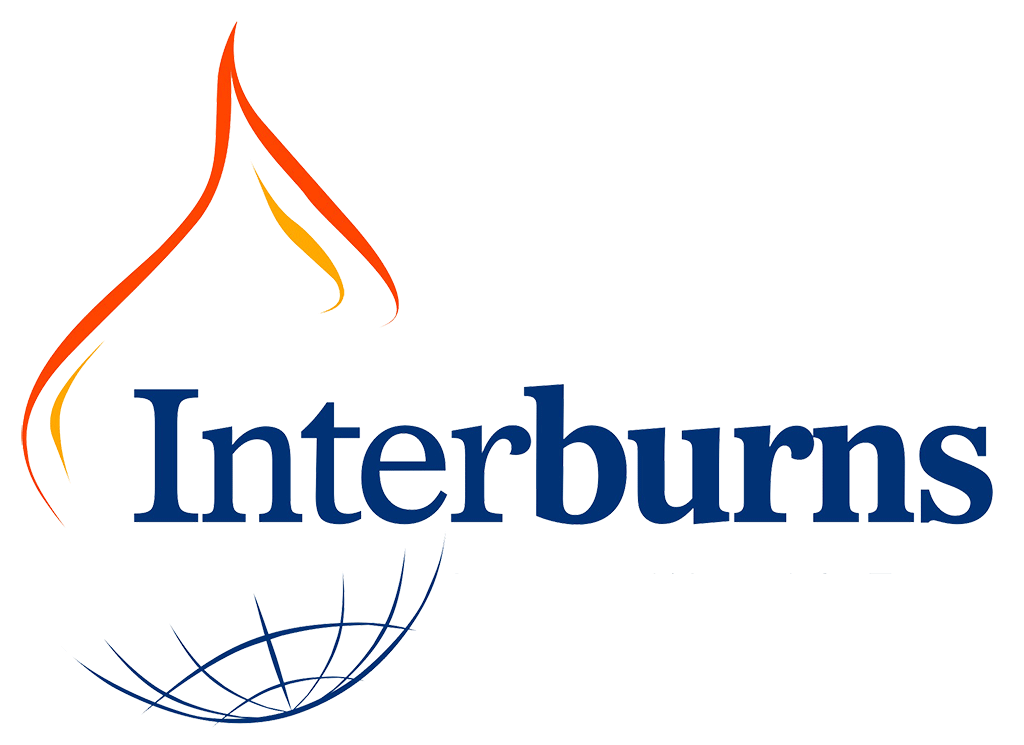Emergency response in Lebanon
The incidence of burn injuries always goes up in conflict, both ‘weapon related’ and ‘domestic’ burns as a result of overcrowding, displacement, interrupted power supplies etc. Conflicts may also occur in countries and regions where the pre-existing level of burn care is limited.
Inadequately and inappropriately treated burn injuries result in increased morbidity and significant complications including lifelong disability. Optimal patient outcomes are achieved when patients with burn injuries are treated by an experienced and well trained multi-disciplinary burn team.
Over 2,700 people have been killed, and 12,600 injured in Lebanon since hostilities began in early October 2023; numbers will continue to rise amid ongoing attacks.
An Interburns international emergency medical team (EMT) is working with the Lebanese Ministry of Public Health to build a national burns service within the Turkish Hospital, Saida, to manage the immediate and long-term consequences of patients with burn injury.
After just one week on the ground, the international team from the UK, Gaza and France expect to see the first patients in the Interburns Burns and Trauma Urgent Wound Clinic imminently. To get to this stage, the team has been focusing on the basics of:
Stuff - equipment, medicine, disposables
Staff: the team has been joined by two local nurses who will be supported by Interburns multi-disciplinary team.
Space: patients will be seen initially in a 5-bedded unit until the 14 bed burn ward is open; essential considerations include water supply, managing patient flow, clean dressings area, bins, and laundry.
Systems: including protocols and referral systems.
This emergency support will continue with longer term capacity building based on Interburns comprehensive integrated approach including operational standards, monitoring tools and training at basic, intermediate and advanced levels.
Thanks Islamic Help for supporting this vital work.
